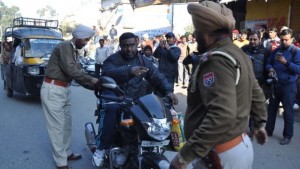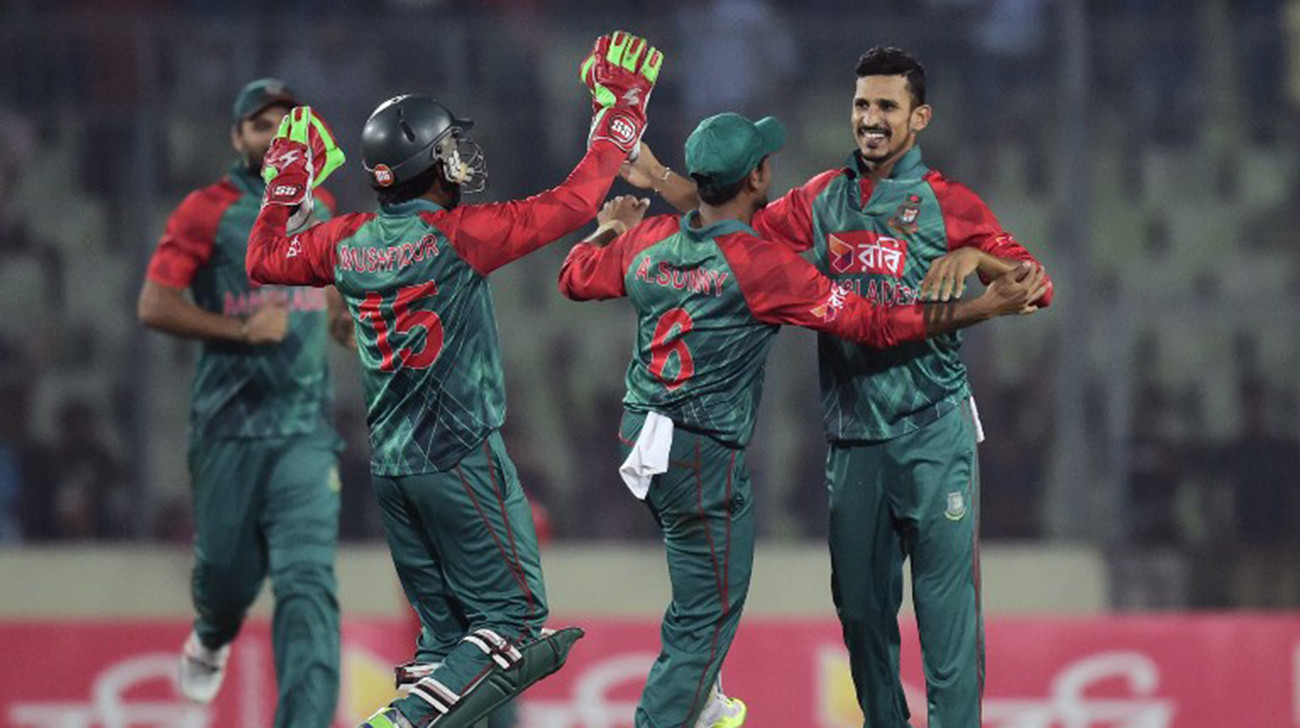Battle for Pathankot Indian airbase enters second night
The battle between Indian troops and militants who attacked an air force base at Pathankot near the Pakistani border has entered a second night.
At least four attackers and seven Indian soldiers have died so far.
It is unclear whether all the militants have been killed, with the home secretary saying two gunmen were still at large.
The attack is being seen as a blow to an apparent Indo-Pakistani peace initiative launched just days ago.
Hopes for a thaw in relations were raised after Indian Prime Minister Narendra Modi paid an unexpected visit to his Pakistani counterpart, Nawaz Sharif.
Fresh gunfire and a blast were heard at the base on Sunday, more than a day after the attack started.
Pakistan’s foreign ministry and the US State Department have condemned the attack.

Helicopoters have been involved in the operation to secure the base
The attack started before dawn on Saturday, when a group of gunmen – wearing Indian army uniforms – entered the residential quarters on the base.
Hours of heavy gunfire followed, and a helicopter was seen firing at the facility. On Saturday afternoon, police said the base had been secured.
However, fresh gunfire was reported on Sunday morning.
A senior government official, Home Secretary Rajiv Mehrishi, troops were battling at least two gunmen who had been cornered at the site.
At least one explosion – suspected to have been caused by a grenade – was heard on Sunday. Local news reports said a soldier from a commando unit had been killed while defusing explosives.

India’s Punjab state is on alert following the attack
The identity of the attackers is not clear. Some Indian security officials suggested the Islamist militant group Jaish-e-Mohammed was to blame.
India says the group is backed by Pakistan, but Islamabad denies this.
In July seven people were killed in a similar attack when gunmen stormed a police station in nearby Gurdaspur district. The three attackers in Gurdaspur were killed after a 12-hour standoff with police.
Pathankot air force base is about 430km (270 miles) north of the Indian capital, Delhi and is on the road linking Indian-administered Kashmir with the rest of the country.
Indian-administered Kashmir has seen a long-running insurgency against rule from Delhi, and Kashmir has been a flashpoint in relations between Pakistan and India for nearly 70 years since independence.
